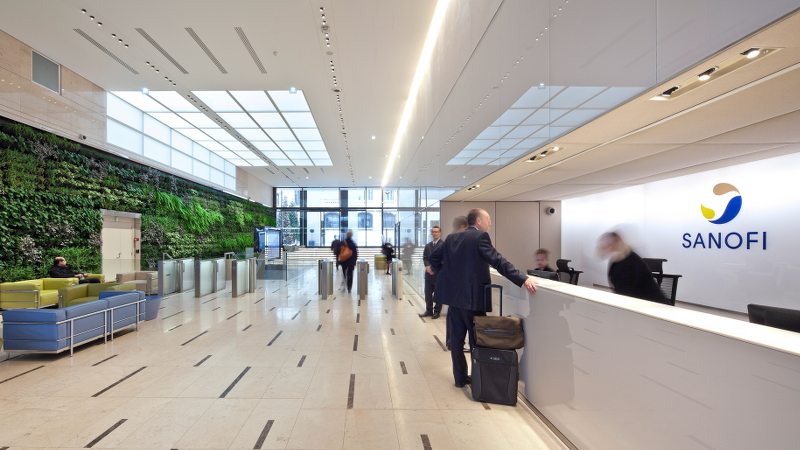
Medivation opens books to Sanofi
Californian biopharma Medivation has agreed to confidential negotiations with its suitors, in particular the French pharmaceutical company Sanofi, which aggressively has buffeted the cancer therapy specialist for months.
Although spending years as a penny stock, the San Francisco-based biotech company Medivation is now a most-wanted target for pharmaceutical companies, since its successful prostate cancer drug Xtandi is projected to gain revenues of more than a US$1bn a year. Celgene, as well as Pfizer, are among the bidders, but the pharmaceutical giant Sanofi could bring the bait home to Europe, now that Medivation agreed to let the French company have a look at its books.
Eager to compensate for its dwindling diabetes and cardiovascular drug sales, Sanofi raised its initial and rejected offer of US$52.50 a share in April, summing up to US$9.3 billion, to $58 a share – plus a US$3 contingent value right in dependence of breast cancer drug Talazoparib’s future sales performance. But Medivation, again, denied any cooperation, arguing, that the offer underestimates the market potential of Xtandi, Talazoparib and the blood cancer drug Pidilizumab, After Sanofi became even more hostile and nominated a new board for Medivation, the management has now agreed to talks and has opened its books to suitors, although under a confidentiality agreement. In turn, Sanofi has dropped its attempt to convince Medivation’s shareholders to oust their board.
In a statement, Sanofi Chief Executive Officer Olivier Brandicourt said our willingness to increase our offer is driven by our in-depth analysis of the benefits and value creation potential of a combination. Meetings between the managements of the two companies are about to be scheduled soon, Sanofi announced. The talks will allow interested parties to fully understand the significant value of our Xtandi franchise and the enormous potential of our pipeline, said Medivation Chairman Kim Blickenstaff. According to estimates of Evaluate Pharma, revenues for Xtandi alone could rise to US$4.78bn a year by 2020.
© european-biotechnology-news.com/sk



 adobe.stock.com - ipopba
adobe.stock.com - ipopba BioDlink
BioDlink